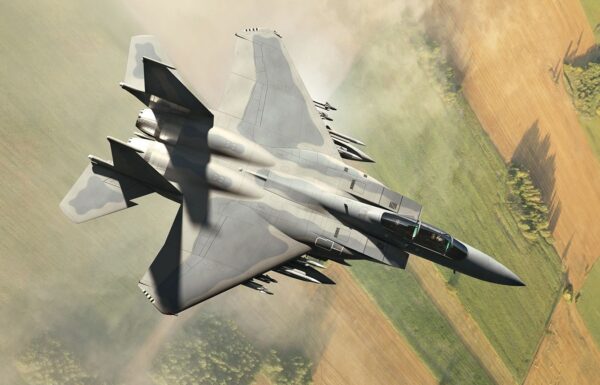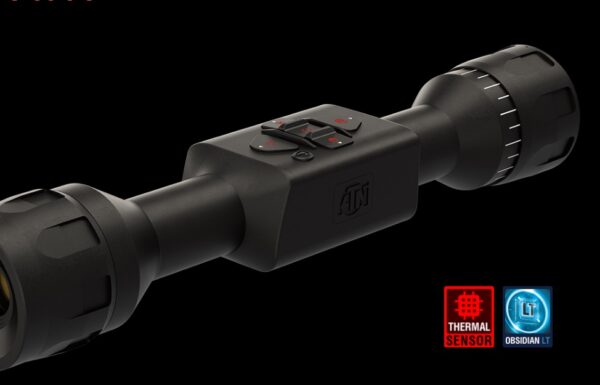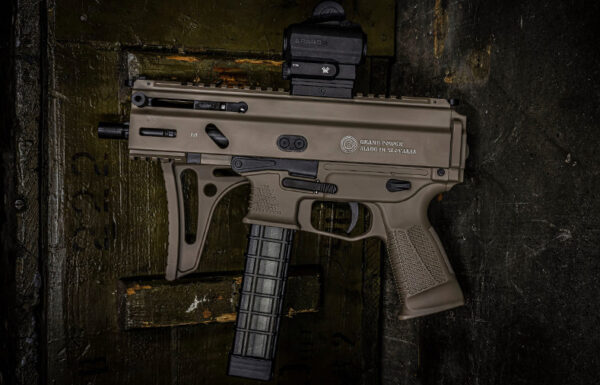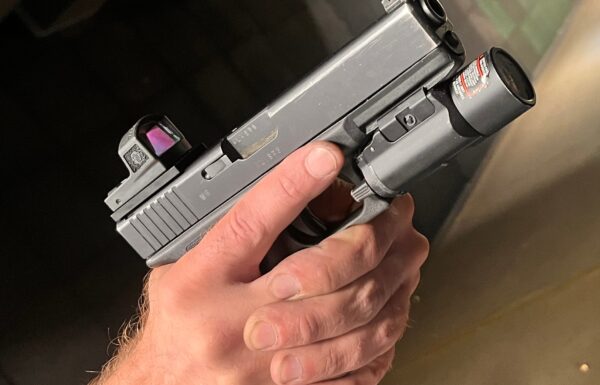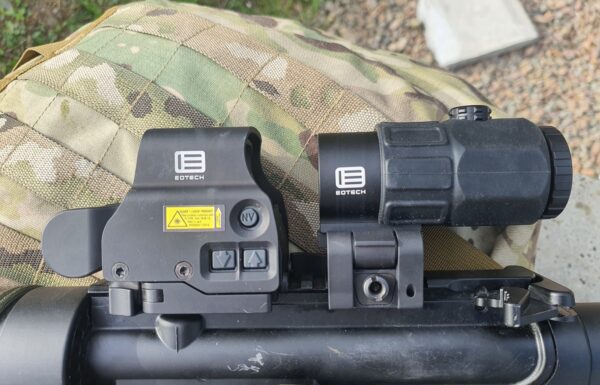On Tuesday, August 19, 2025, the U.S. Defense Security Cooperation Agency (DSCA) announced the U.S. State Department’s approval of a potential sale to the Commonwealth of Australia of a batch of LWCLU (Lightweight Command Launch Unit) launch/control units for FGM-148F Javelin anti-tank guided missiles in a package worth up to 97.3 million USD.
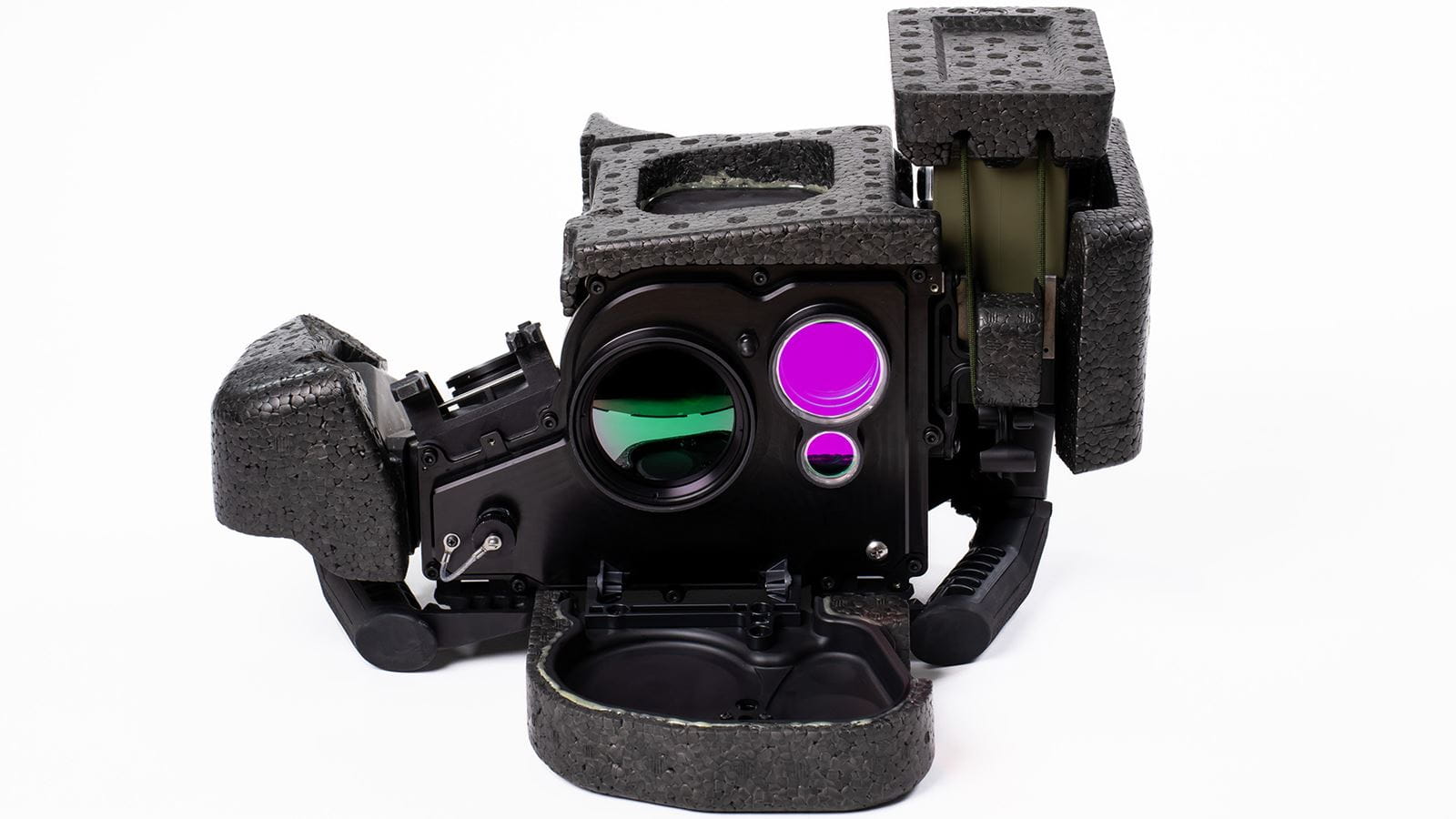 Javelin LWCLU / Photo: RTX
Javelin LWCLU / Photo: RTX
According to the published information, the government in Canberra requested the acquisition of 161 LWCLU launch/control units. Earlier, it had requested a support package for Javelin system operations as well as technical assistance from the U.S. government and the contract’s prime contractor (the Javelin joint venture, formed by Lockheed Martin and Raytheon Missiles & Defense), worth up to USD 6.3 billion.
In addition, the request also covered the following non-MDE (Major Defense Equipment) items: Basic Skill Trainers (BST) for LWCLU, training ammunition and Battery Coolant Units (BCU), electronic technical manuals and operator guides, life-cycle support packages, physical security monitoring, spare parts, system integration and checks, U.S. government and contractor technical assistance, engineering, logistics and personnel services, tool kits, training, and other related logistics and program support elements.
The Australian Defence Force (ADF) has been an operator of the Javelin system since 2001, when 10 FGM-148E Block I missiles, along with an undisclosed number of Command Launch Units (CLU), were purchased under an urgent operational requirement for the Australian Army’s special forces. Later, in 2003, an additional batch of 676 ATGMs, along with an undisclosed number of CLUs, was acquired under the Land 40-1 program, with deliveries taking place between 2005 and 2007. They were subsequently used again in Afghanistan and Iraq. In October 2020, another batch of 200 missiles was purchased, this time from U.S. Army stockpiles.
 Australian Army Sergeant Robert Cooper carries two Javelin ATGM systems to a firing position at Besmaya Range Complex, Iraq, October 16, 2016 / Photo: Sgt. Josephine Carlson, U.S. Army
Australian Army Sergeant Robert Cooper carries two Javelin ATGM systems to a firing position at Besmaya Range Complex, Iraq, October 16, 2016 / Photo: Sgt. Josephine Carlson, U.S. Army
On March 7, 2023, Australia received approval to purchase 255 FGM-148F Javelin ATGMs for up to 60.18 million USD, and on August 19, 2024, an additional 350 ATGMs for up to 100 million USD, a total of 605 ATGMs for 160.18 million USD.
As part of the Javelin system’s upgrade to the F variant, the LWCLU launch/control unit was developed. It is 30% smaller and 25% lighter, while doubling target detection and identification capability compared to the CLU Block I, both day and night. The LWCLU is adaptable and compatible with all current, past, and future missile variants.
The FGM-148F Javelin is a fire-and-forget ATGM equipped with a new Multi-Purpose Warhead (MPWH) using an explosively formed penetrator (EFP). Its penetration capability is equivalent to 600–800 mm of Rolled Homogeneous Armor (RHA). The missile has an engagement range of 65 to 4,750 m. The system’s total weight is 22.3 kg.
Beyond the U.S. Army, Poland was the first to decide on purchasing this variant, followed by Lithuania, Australia, and the United Kingdom. In 2021, Thailand and Norway also ordered new missiles, though without specifying the variant (likely still the FGM-148E). On December 12, 2023, Romania received approval to purchase the missiles, followed by Kosovo on January 11, 2024; Morocco on March 19, 2024; Bulgaria on September 20, 2024; Tunisia on October 3, 2024; Ireland on April 23 of this year; and Estonia on May 22. Albania, Brazil, and Latvia are expected to join them in the near future. In total, all variants of the system are in service with the armed forces of 24 countries, including Ukraine, which received them as military aid from the U.S. and the U.K. In addition, in February of this year, Lockheed Martin announced talks with India about launching local production of the system.





